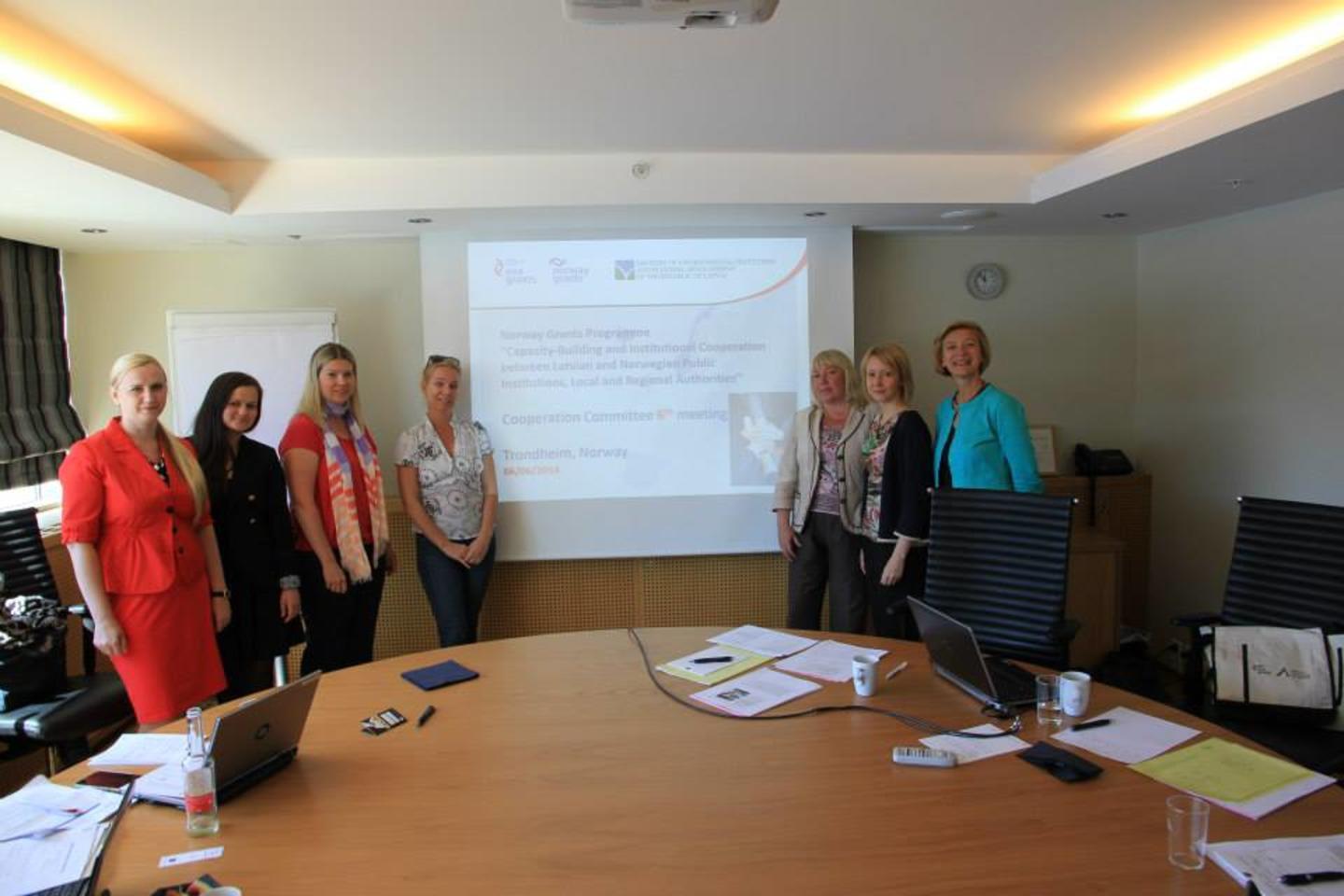Latvian municipalities deliver many services to the public but like local authorities across Europe they must act within tight budgetary constraints. At the same time, the public want better quality services and less bureaucracy. In its sustainable development strategy, ‘Latvija 2030’, Latvia has committed itself to the creation of a public administration that is not only efficient and responsive to change, but which also encourages public involvement and listens to the concerns of local businesses.
“Local governments are the main providers of services and these are of prime necessity to the citizen,” Jaunsleinis explains.
Improving satisfaction
Norway has already developed a ‘smart’ governance approach that can be used as a model. Working with Norwegian partners, a sustainable improvement system that measures the performance of local government in terms of cost and quality of services will be supported through the establishment of a database. Services covered will include education, social assistance and housing. The database will have two aspects: one to compare local authority performance; the other to share innovative ideas and methods. The information will allow a local authority to objectively assess if it is improving.
The project will also involve training for local government employees and politicians. There will be workshops in the different aspects of the ‘smart’ approach agenda and a closing conference will be organised to present the results of the project.
“It is very important for us to meet politicians and staff from Norwegian municipalities. The Norway Grants are providing the possibility to exchange knowledge and learn from the Norwegian experiences,” Jaunsleinis says.
Strengthened partnership
The project is being implemented by the Latvian Association of Local and Regional Governments in cooperation with the Latvian State Regional Development Agency (SRDA) and the Norwegian Association of Local and Regional Authorities (KS).
“We see a high level of motivation from our Latvian partners. The Latvian Association of Local and Regional Governments will apply this in their negotiations with central government,” says Elita Cakule, Head of International Projects Department at the Norwegian Association of Local and Regional Authorities.
As a part of the project, the Norwegian Association of Local and Regional Authorities organised a seminar about institutional capacity-building and regional development. The seminar was held in Tromsø and Trondheim in Norway in the first week of June and included meetings with both municipalities and the county council.
“The first task will be to choose a service and to agree on the set of indicators to be used that would fit with Latvian conditions. There are a number of organisational, legal, administrative and financial circumstances that need to be taken into account when adapting a Norwegian model into a Latvian context,” says Cakule.
Despite the need to adapt to different circumstances the model has already proved successful in Poland where it was adopted under the previous generation of EEA grants. Representatives from partner institutions in Lithuania, Estonia, Romania, Bulgaria and Poland also participated in the seminar, in addition to the Latvian State Regional Development Agency.
About the project
Norway provides €2 111 827 to this project. The project started December 2013 and will end April 2016.
Read more about the project here
Read more about the Latvian‘Capacity-Building and Institutional Cooperation’ programme
